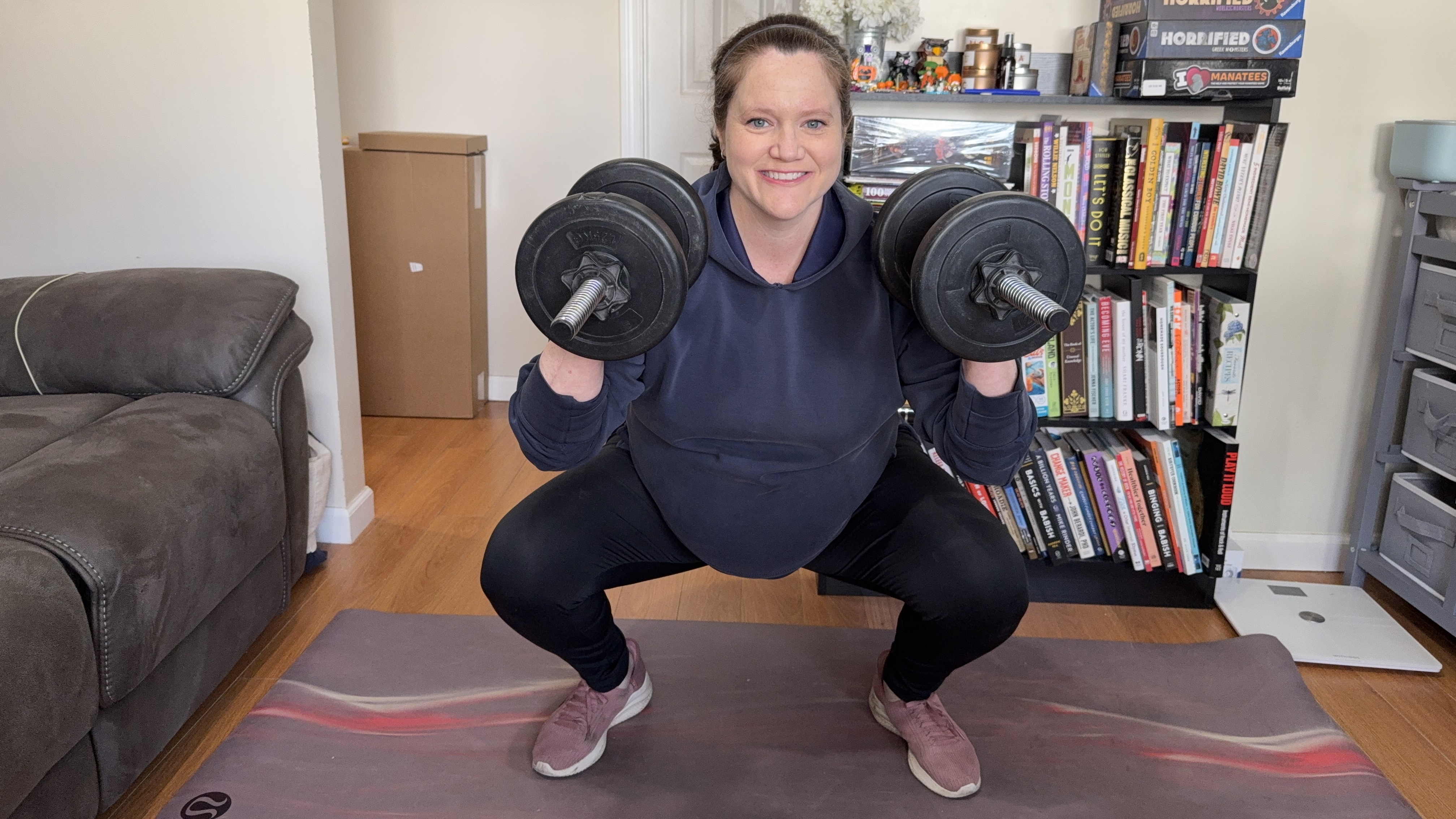How mindfulness training actually changes your brain chemistry
Mindfulness is a powerful tool because it changes the way you react to problems, according to new research


Mindfulness is in vogue right now. As the global health crisis has forced us all to remain indoors and left us alone with our thoughts, lots of us have chosen to take up meditation and mindfulness practice in order to make our alone time more bearable.
Mindfulness has lots of proven benefits, especially in regards to reducing feelings of stress and anxiety. However, one of mindfulness' biggest benefits is changing the way you respond to, and cope with, negative emotions and problems. This is often why meditation is said to be used by high-powered execs as well as Buddhist monks: it makes you a better problem solver.
A study by researchers from Syracuse University's department of psychology found why mindfulness is so effective in this regard. The study looked at 37 participants with a mean age of 22, and found those that had higher traits associated with mindfulness performed better in cognitive tasks.
In particular, the main aspect of mindfulness the high-performers scored better on was "nonreactivity", otherwise known as the ability to observe negative thoughts as they come up without judging or criticising.
Study author Emily Cary told news outlet Psypost: “At the neural level, the nonreactivity component of acceptance is related to the way that we process mistakes. We found that participants who are more mindfully nonreactive at the trait level also have less neural activity after mistakes.”

Mindfulness training helps us look at negative thoughts, problems and mistakes without criticism or judgement. This is a very effective place to begin when it comes to problem solving: rather than beat yourself up or feel bad for making a mistake, the clarity of mind helps you observe the problem and just move on to a solution.
In addition, mindfulness has proven to lower the production of cortisol, a hormone which is released when we're stressed. Cortisol is the hormone behind our "fight or flight" panic response, so if we're less panicked or anxious when facing a problem, we're able to think it through a little better.
Get the Fit&Well Newsletter
Start your week with achievable workout ideas, health tips and wellbeing advice in your inbox.

Mindfulness training's ability to reduce the production of cortisol and help us treat our problems in a non-judgemental fashion makes it a great tool to have in your arsenal to curb anxiety and better your problem-solving skills.
So the next question is where to start? Plenty of dedicated mindfulness apps, such as Calm or Headspace, have guided meditation and mindfulness courses you can make a start on. Just 15 minutes of mindfulness practice a day can help improve your mood, inducing feelings similar to a holiday.
Liked this?
Matt Evans is an experienced health and fitness journalist and is currently Fitness and Wellbeing Editor at TechRadar, covering all things exercise and nutrition on Fit&Well's tech-focused sister site. Matt originally discovered exercise through martial arts: he holds a black belt in Karate and remains a keen runner, gym-goer, and infrequent yogi. His top fitness tip? Stretch.
-
 “Working out doesn't have to be boring”—why I love this trainer’s Cha Cha Slide fitness challenge
“Working out doesn't have to be boring”—why I love this trainer’s Cha Cha Slide fitness challengeBuild core strength and get strong shoulders with this dance-themed challenge
By Maddy Biddulph
-
 A personal trainer says this is the HIIT workout to do if you’re over 40—here’s what I think
A personal trainer says this is the HIIT workout to do if you’re over 40—here’s what I thinkThis no-impact workout delivers lots of high-intensity cardio without major stress on your joints
By Jennifer Rizzuto